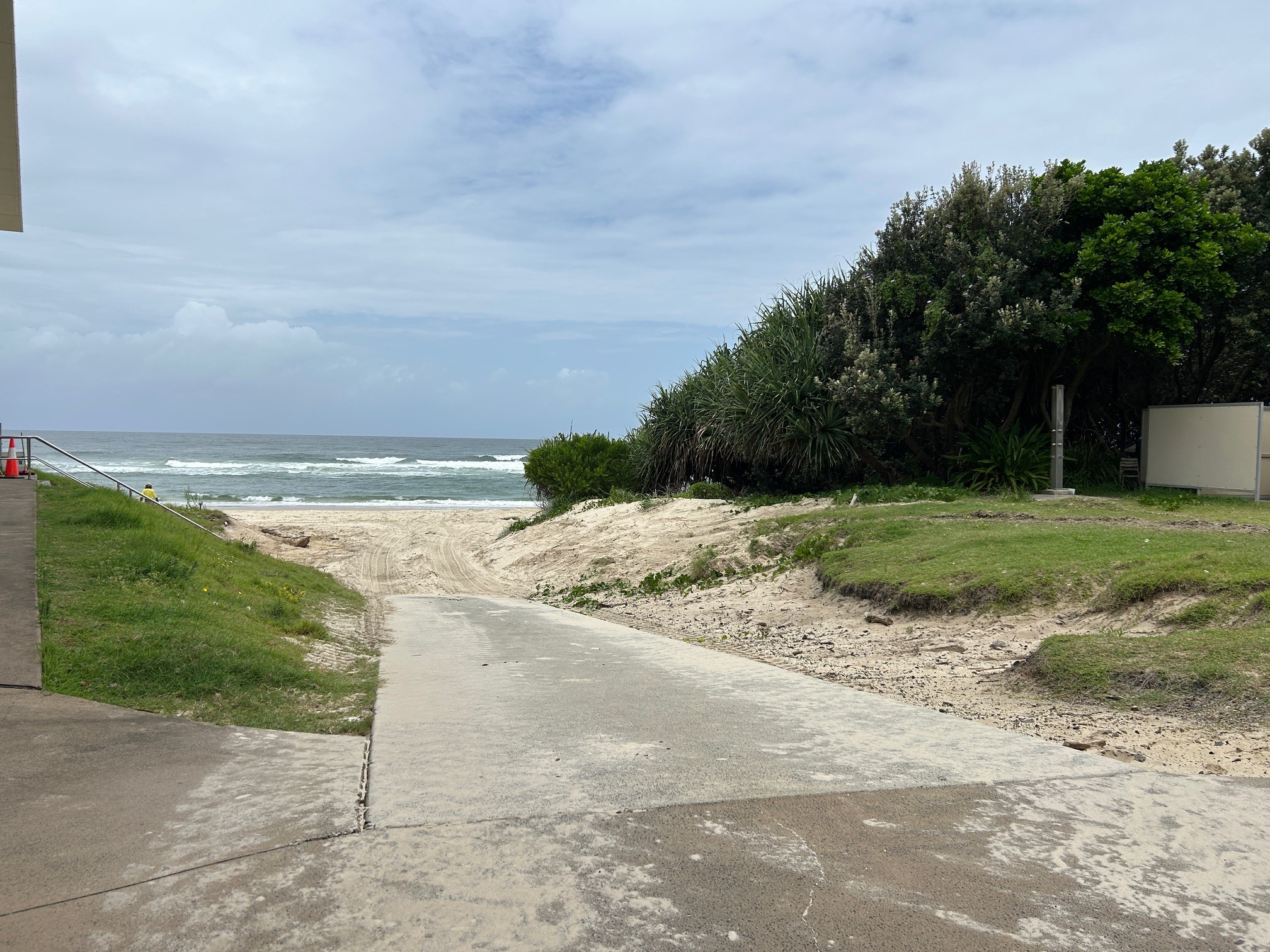Welcoming progress made towards peace across Colombia amid the Government’s outreach efforts with women, youth and ethnic groups, the Security Council today extended the mandate of the United Nations Verification Mission in Colombia for one year to monitor and verify implementation of a ceasefire between the Government and armed groups.
Unanimously adopting resolution 2754 (2024) (to be issued as document ), the Council extended the Verification Mission until 31 October 2025, expressing its willingness to work with the Government of Colombia on further continuing the mandate on the basis of agreement between the parties.
Speaking in explanation of vote after the action, delegates agreed the unanimous adoption of the resolution showed the Council’s support for the peace process laid down with the 2016 Final Agreement for Ending the Conflict and Building a Stable and Lasting Peace, as well the importance of enveloping the needs of women, girls, youth, ethnic groups and rural communities into the peace process.
“It highlights Colombia’s efforts to broaden peace through dialogue,” said the representative of the United Kingdom. This echoes the Council’s support for women and survivors of sexual and gender-based violence shown in its 24 October open debate on women, peace and security.
The representative of Switzerland, Council President for October, speaking in her national capacity, said her country has always defended women’s voices and their political participation in the Colombian peace process. “We are pleased to have advocated for a mandate that emphasizes the Mission’s role in supporting victims and survivors of the conflict, including those affected by sexual and gender-based violence,” she said. Ensuring victims and survivors have access to Colombian authorities’ safe services is essential to advance justice and deal with the past. In addition, providing accurate information about these incidents strengthens Colombia’s capacity to develop and carry out national strategies to prevent sexual and gender-based violence.
Guyana’s delegate, speaking also for Algeria, Mozambique and Sierra Leone, said Colombia remains a success story, even with its ongoing challenges. Yet, this momentum must be accelerated through intensified efforts, including enhanced coordination at all levels, which the recent Rapid Response Plan should help achieve.
She welcomed the text’s language underlining the importance of implementing the ethnic chapter as a critical aspect of the Final Agreement and hopes more impetus will be given to its implementation. The inclusion of language on women, peace and security will let victims and survivors, including from sexual and gender-based violence, have access to safe and accessible assistance. Additionally, she lauded language acknowledging participation of women in the peace process, as well as the conflict’s impact on children.
Echoing the importance of the ethnic chapter, Ecuador’s delegate said the Mission’s presence will help ensure this portion is implemented and shield Indigenous People and Afro-descendent people, as well as protect women and girls from sexual and gender-based violence.
Japan’s delegate said he values the expertise offered by the Peacebuilding Commission to the peace process and its focus on rural reform, the ethnic chapter and transitional justice. The resolution’s support of victims and survivors of those affected by sexual and gender-based violence is also important.
Luis Gilberto Murillo Urrutia, Minister for Foreign Relations of Colombia, thanked the Council for its unanimous support for peace in his country and the Government’s ongoing peace policy. The process aims to envelope victims of sexual and gender-based violence, ethnic groups, women and children and youth.
He said the Council’s support is especially relevant in the context of the sixteenth meeting of the Conference of the Parties to the Convention on Biological Diversity, which opened in Cali on 21 October and emphasizes peace with nature. “This is a joint call to protect life in all its forms, because peace with nature is also the peace of our peoples,” he said. Colombia is at a decisive moment in implementing the Final Agreement. “For this reason, it is invaluable to have the presence of the Verification Mission in Colombia,” he said. In addition to its verification and monitoring role, the Mission has consistently supported the Government’s effort to strengthen peace and reconciliation.
This year was particularly important as the Council visited Colombia and saw first hand the ways in which the Government was achieving its goals. “Peace in Colombia is a process that is in motion and there is no going back,” he said.
NEW – Follow real-time meetings coverage on our .








